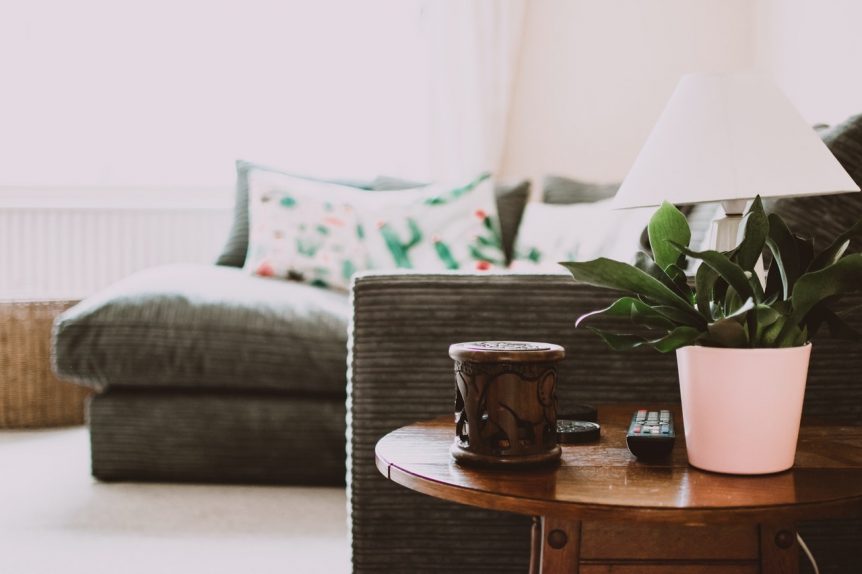Buying your first home is an exciting milestone, but it can also be a daunting task, especially if you’re working with a limited budget. Fortunately, with careful planning and the right strategies, it’s possible to find a home that fits your needs and financial constraints. In this article, we’ll share practical tips to help first-time homebuyers navigate the real estate market and make informed decisions on a budget.
Start by Assessing Your Financial Situation: Understanding Your Budget
Before you begin your home search, take the time to assess your financial situation and determine how much you can comfortably afford to spend on a home. Consider factors such as your income, savings, monthly expenses, and debt obligations to establish a realistic budget. It’s important to be honest with yourself about your financial limitations and avoid stretching your budget too thin to avoid financial strain down the line.
Research Mortgage Options and Programs: Exploring Financing Options
Explore different mortgage options and programs available to first-time homebuyers, including government-backed loans, FHA loans, VA loans, and conventional mortgages. Each type of mortgage has its own eligibility requirements, down payment options, and interest rates, so it’s essential to research and compare them to find the best fit for your financial situation. Additionally, look into any down payment assistance programs or grants that may be available in your area to help offset the upfront costs of homeownership.
Focus on Affordability Over Amenities: Prioritizing Your Needs
When shopping for a home on a budget, it’s important to prioritize your needs over wants and focus on finding a property that is affordable and meets your essential requirements. Consider factors such as location, size, layout, and condition when evaluating potential homes, and be willing to compromise on non-essential amenities or cosmetic features if it means finding a more affordable option. Keep an open mind and be flexible in your search to increase your chances of finding a home that fits within your budget.
Be Prepared to Negotiate: Advocating for Your Interests
Don’t be afraid to negotiate with sellers or their agents to secure the best possible deal on a home. In a competitive market, sellers may be willing to negotiate on price, closing costs, or other terms to close the deal, especially if the property has been on the market for a while. Work with your real estate agent to craft a strong offer and advocate for your interests throughout the negotiation process. Remember to stay firm but respectful and be prepared to walk away if the terms are not favorable or exceed your budget.
Plan for Additional Expenses: Budgeting for Hidden Costs
In addition to the purchase price of the home, first-time homebuyers should budget for additional expenses associated with homeownership, such as closing costs, property taxes, homeowners insurance, and maintenance and repair costs. These expenses can add up quickly, so it’s important to factor them into your budget and set aside funds accordingly. Consider creating a separate savings account or emergency fund specifically for homeownership expenses to ensure you’re financially prepared for any unexpected costs that may arise.
In conclusion, buying your first home on a budget requires careful planning, research, and financial discipline. By assessing your financial situation, exploring mortgage options, prioritizing your needs, negotiating effectively, and budgeting for additional expenses, you can make informed decisions and navigate the homebuying process with confidence. Remember that buying a home is a significant investment, so it’s important to take your time, do your due diligence, and seek guidance from real estate professionals to ensure a smooth and successful transaction. With the right strategies and mindset, owning a home can be a rewarding and achievable goal for first-time buyers on a budget.
- Eco-Friendly Travel: Tips for Sustainable Adventures - April 7, 2024
- Wanderlust Calling: Unveiling Hidden Gems in Europe - March 29, 2024
- Practical Tips for First-Time Home Buyers on a Budget - March 16, 2024

Like It? Share It!